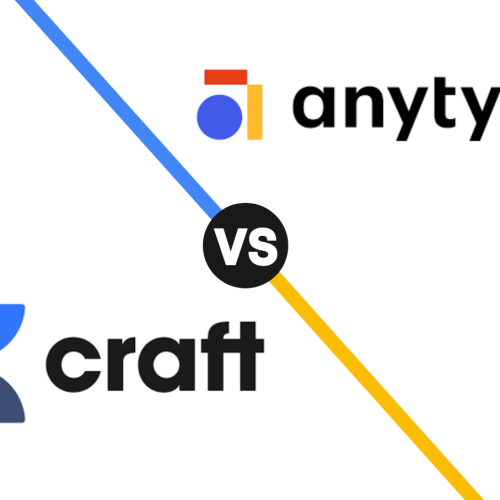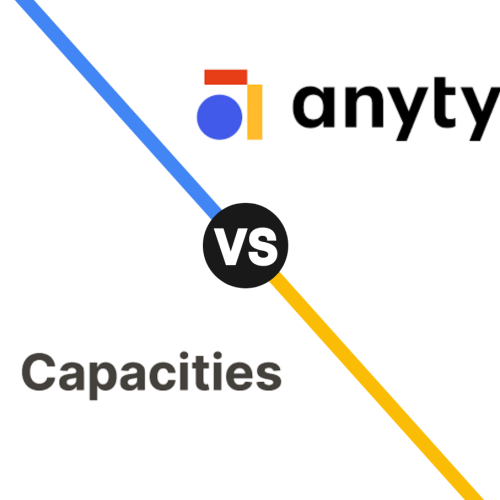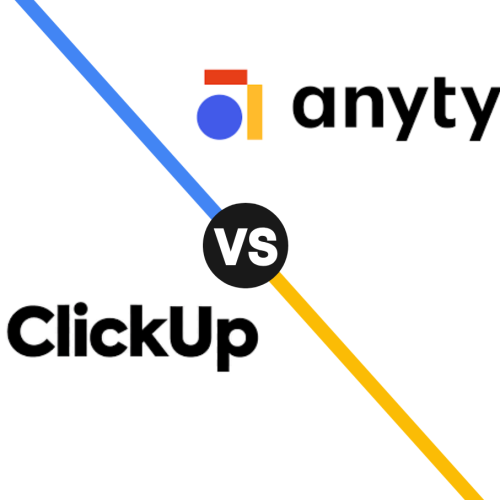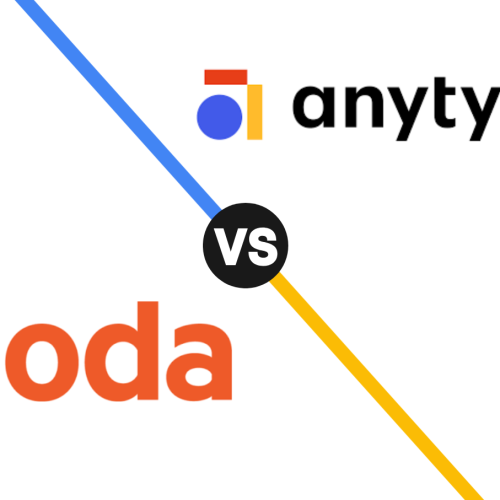QuickBooks vs Quicken are two of the most recognized names in financial software, but they are designed for very different purposes. While they might sound similar, one is for personal use and the other is for business accounting.
This article will break down the core differences between QuickBooks and Quicken, from their feature sets to their pricing and target users. By the end, you’ll have a clear understanding of which software is the best choice to manage your finances in 2026.
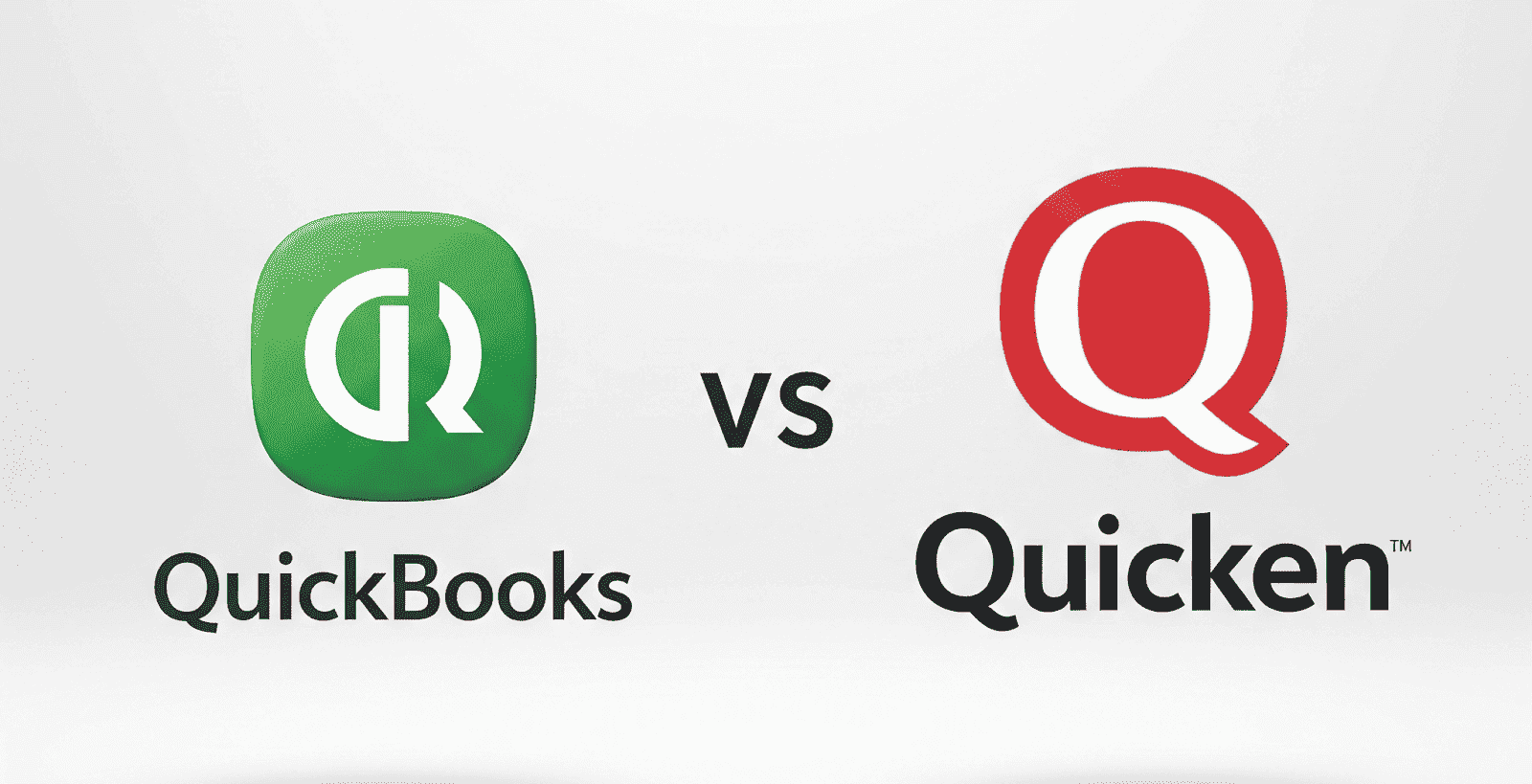
What is QuickBooks?
QuickBooks is a comprehensive accounting software tailored for small to mid-sized businesses. It is a robust platform that provides an all-in-one solution for managing business finances.
This tool is designed to automate and simplify business accounting tasks, including invoicing, inventory management, payroll, and expense tracking. It is a favorite among business owners and their accountants for its ability to provide detailed financial reports and help with tax preparation.
What is Quicken?
Quicken is a personal finance management software designed for individuals and families. Its primary purpose is to help people track their household budget, manage investments, and plan for long-term financial goals.
The platform allows users to view all their accounts, checking, savings, credit cards, and investments, in one centralized place. It’s a great tool for anyone who wants to get a clear picture of their net worth, manage debt, or simply keep a close eye on their daily spending.
Conclusion: QuickBooks vs Quicken
For your financial needs in 2026, the choice between QuickBooks and Quicken is straightforward. QuickBooks is the clear winner for small businesses that require a dedicated accounting tool for invoicing, payroll, and professional reporting. Quicken is the best choice for individuals and families who need to manage personal budgets, track investments, and get a complete view of their household finances.
FAQs
- Is QuickBooks the same as Quicken?
No, they are not the same. QuickBooks is a business accounting tool, and Quicken is a personal finance management tool. Although they both handle financial data, they are built for different purposes and have different features.
- Can a small business owner use Quicken?
Quicken does offer a “Home & Business” version, but its business features are very limited. It’s best suited for a freelancer or sole proprietor who needs to track personal and basic business expenses in one place, but it’s not a full accounting solution.
- Which software is better for tax preparation?
QuickBooks is the better option for business tax preparation. It can generate detailed reports like profit and loss statements and a balance sheet, which are essential for filing business taxes.
- Can I manage investments with QuickBooks?
QuickBooks is not designed for detailed investment tracking. Its focus is on business finances. Quicken is the superior tool for managing investment portfolios and tracking a personal net worth.
- Which one is more affordable?
Quicken is generally more affordable with a lower annual subscription fee. QuickBooks, with its more extensive business features and add-ons, is significantly more expensive.
- Do both applications have a mobile app?
Yes, both QuickBooks and Quicken have mobile apps that allow you to manage your finances on the go. You can track expenses, view balances, and create invoices from your smartphone.
- Is it easy to move my data from Quicken to QuickBooks?
Moving data from Quicken to QuickBooks can be difficult, as their file formats are not directly compatible. You will likely need to manually export and import data, which can be a time-consuming process.
- Can I send invoices and manage accounts receivable with both?
QuickBooks is built for invoicing and accounts receivable. While some versions of Quicken allow for limited invoicing, it is not a core feature. QuickBooks is the clear winner for any business that needs to bill customers.
- Which one is better for budgeting?
Quicken is the superior tool for personal budgeting. It makes it easy to set up a budget, track spending by category, and see where your money is going on a day-to-day basis.
- Do accountants prefer one over the other?
Accountants overwhelmingly prefer QuickBooks for business clients because it uses a double-entry bookkeeping system and generates industry-standard reports. This makes it much easier for them to review, reconcile, and audit the books.


